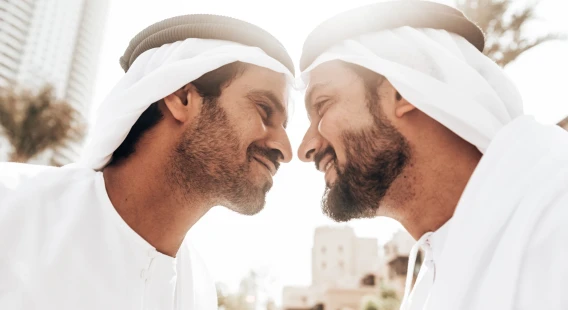
Is Saudi Arabia Safe for Gay Travelers?
From hotel policies to dating apps and cultural risks, this guide explains how LGBTQ+ travellers are navigating Saudi Arabia
No Comments Found
Comments / Reviews are the subjective opinion of Travel Gay users, not of Travel Gay.